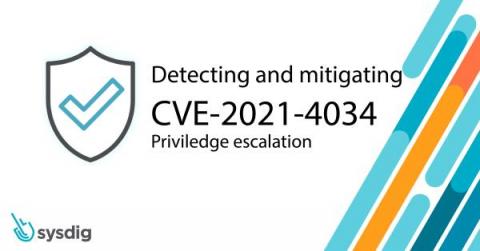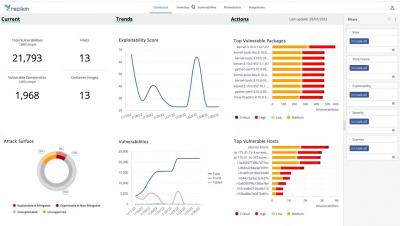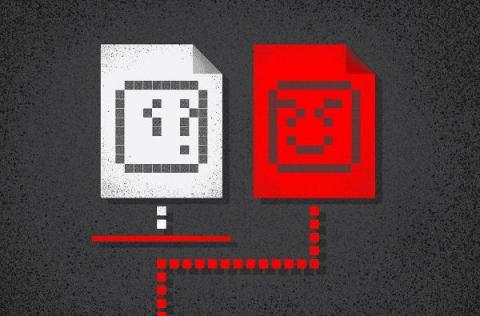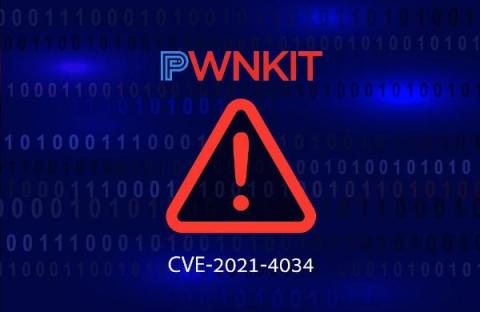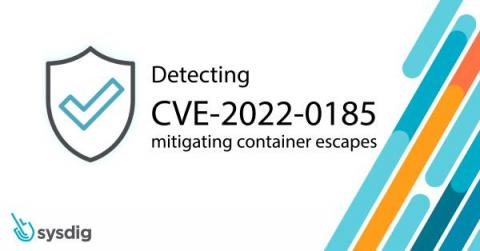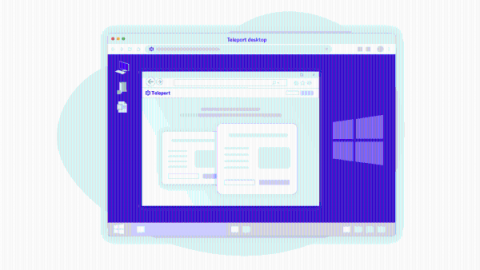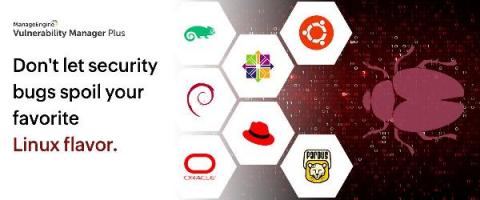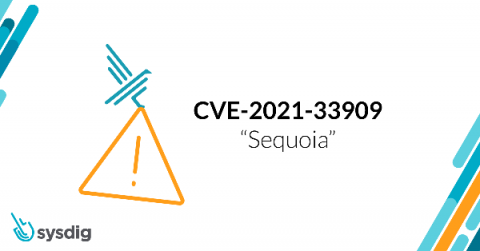Detecting and mitigating CVE-2021-4034: "Pwnkit" local privilege escalation
A new advisory from Qualys discloses a local privilege escalation bug in SUID-set program ‘pkexec’. The flaw has been designated the CVE ID of CVE-2021-4034 and nicknamed “pwnkit” by the vulnerability finders. The CVSSv3 base score is calculated to be a high 7.8 out of 10.0. The vulnerable program is a part of Polkit, which manages process privileges.


